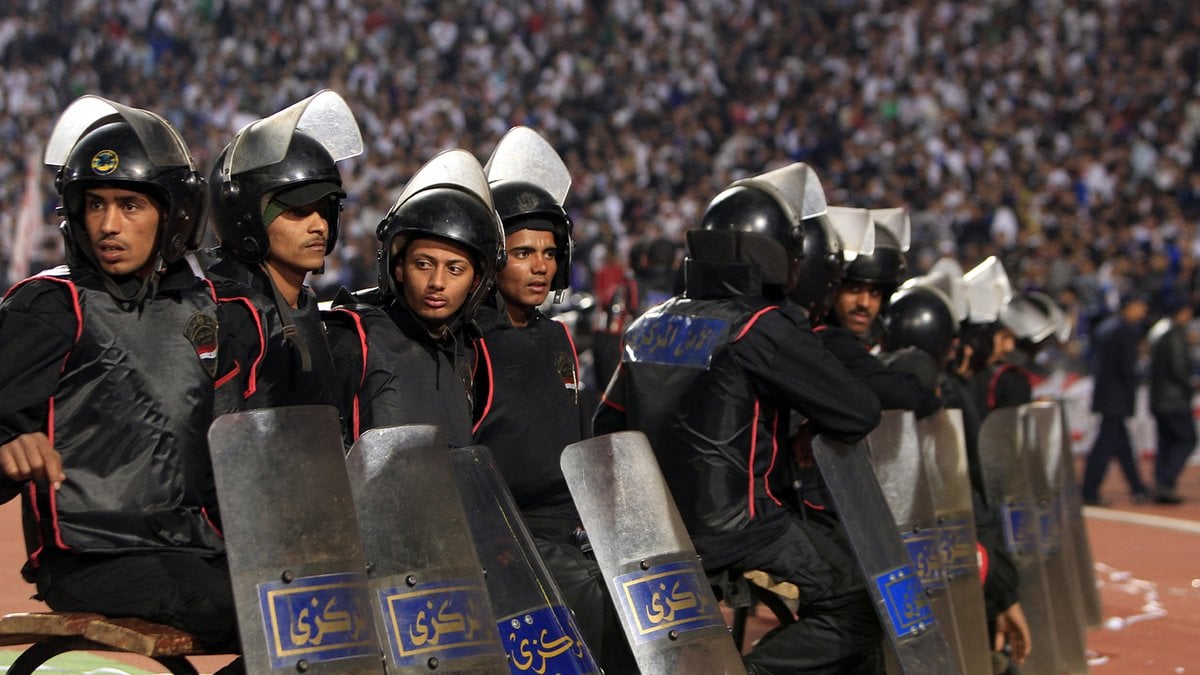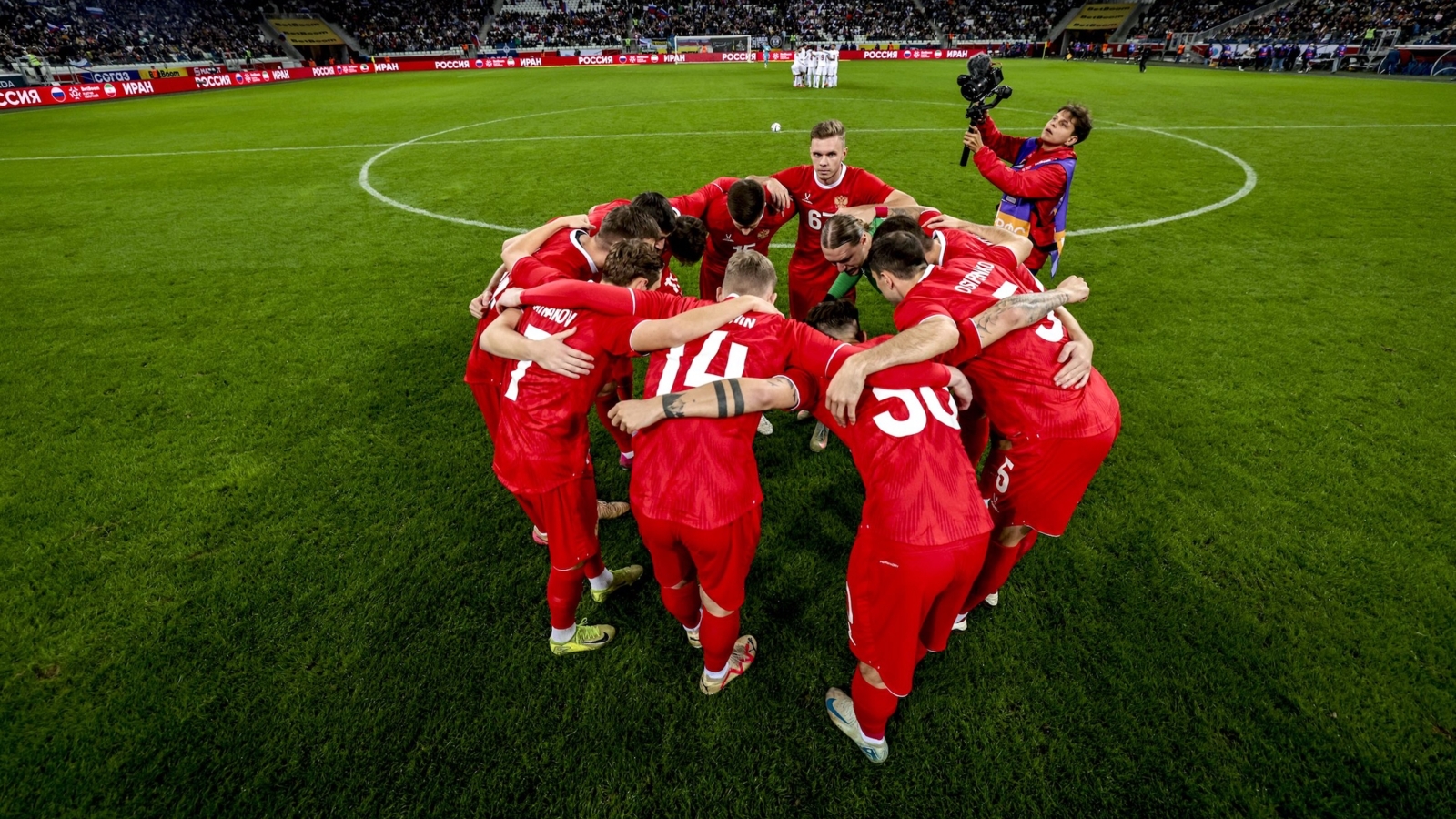A profound tragedy within the world of football unfolded in Egypt over a decade ago, leading to the deaths of dozens of fans, injuring hundreds more, and ultimately resulting in a complete ban on the sport across the nation for an extended period.
On February 1, 2012, a violent clash between rival clubs Al Masry and Al Ahly in the Egyptian Premier League plunged the African nation’s football landscape into its darkest chapter. This horrific event claimed the lives of 74 supporters, with 11 individuals later sentenced to death in connection with the fatalities. The devastating aftermath also saw the immediate suspension of all football matches in Egypt.
Preceding the match, tensions were exceptionally high. Supporters of Al Masry, known as ultras, had reportedly posted intimidating songs on YouTube, threatening the lives of rival fans and warning of potential dangers at the upcoming fixture. This created a highly charged atmosphere, setting the stage for the chaos that would follow.
Despite these overt threats, and measures such as Al Ahly fans being transported to the Port Said Stadium via military vehicles from the train station, the security arrangements proved woefully inadequate. The protective measures put in place for the highly anticipated encounter utterly failed to prevent the escalating violence between the fan bases of the two top-tier Egyptian football clubs.
Before the match even officially commenced, Al Masry supporters surged onto the pitch, forcing a 30-minute delay to kick-off. As the game progressed into the second half, and after Al Masry scored a third goal, home fans once again invaded the field. Following the final whistle, with Al Masry winning 3-1, their supporters began throwing bottles and fireworks at Al Ahly players, who were compelled to retreat to their changing rooms under police escort.
Simultaneously, visiting fans were subjected to brutal attacks, involving knives and stones. The horrifying confrontation saw some supporters stabbed, while others were thrown from the stands as they desperately tried to escape the melee. The catastrophic event ultimately resulted in 74 fatalities and hundreds sustaining severe injuries.
Eyewitness accounts from the scene painted a grim picture. Al Ahly coach Manuel Jose and player Mohamed Aboutrika later told media outlets that they had witnessed their own fans being killed inside the changing rooms. The traumatic experience deeply affected Aboutrika, prompting him to retire from his professional football career.
In the wake of this historic tragedy at Port Said Stadium, all remaining Egyptian football league matches for that season were immediately cancelled. An extensive investigation followed, leading to charges against 73 individuals, including nine police officers and two Al Masry club officials, for their alleged involvement in the deaths of 72 Al Ahly supporters.
The judicial proceedings concluded with severe penalties: 11 individuals received death sentences, five were handed life imprisonment, and ten were sentenced to 15 years in jail. Conversely, 28 individuals, including seven police officers, were acquitted. The Port Said disaster remains one of the worst catastrophes in the history of football. It was not until 2018 that the Egyptian top-flight league permitted fans to return to stadiums.
While other significant stadium disasters have occurred, such as the 2022 incident in the Indonesian top league where 125 fans died, the Port Said tragedy is still widely regarded as one of the most horrific events in the sport’s history due to its combination of pre-meditated violence and the scale of the human cost.






